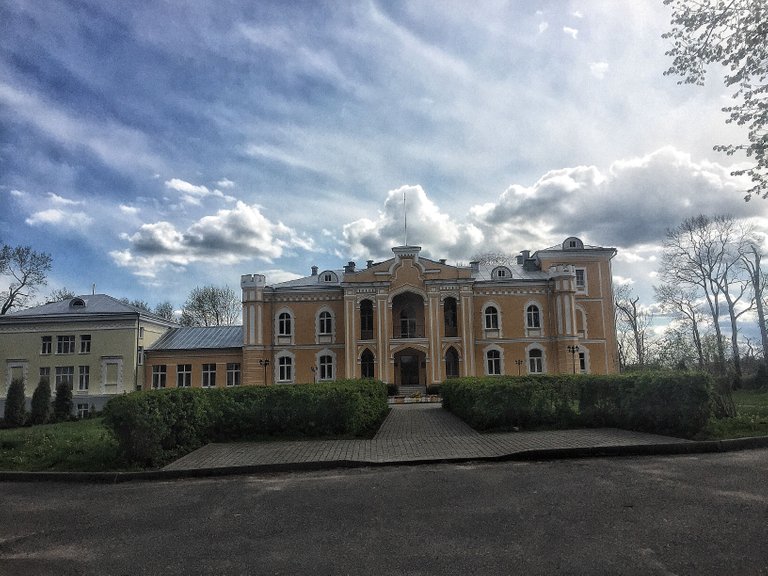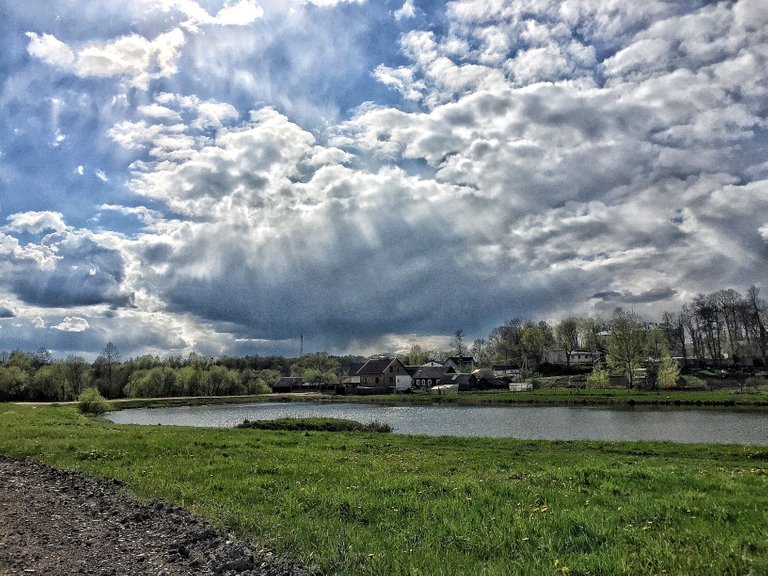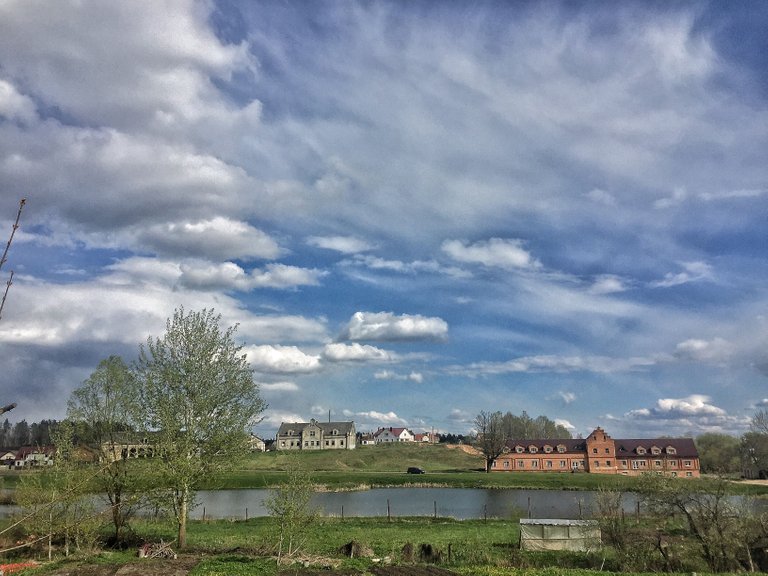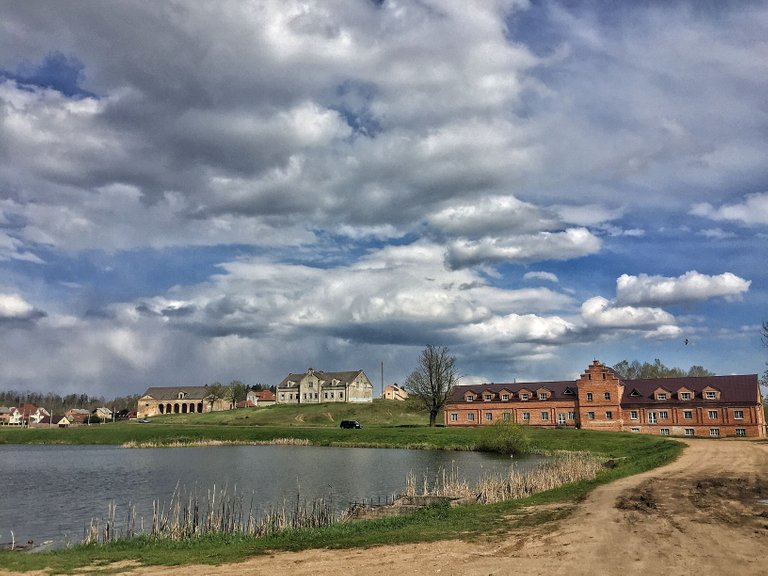The village of Priluki is located 15 km from the capital of Belarus on the bank of the river Ptich. The first mention of the settlement dates back to 1567. There used to be the first postal station. In the middle of the 17th century, the owner of the village Anna Statkevich (Oginskaya) founded an Orthodox monastery here. It existed until 1740, when the new owners of Ivanovo transformed the monastery into a castle. At the same time, there were legends about the ghosts that lived there. These stories fell into the ballad of Anton Edward Odynets about the "enchanted castle".
In the village there is one of the most interesting palace and park complexes in the vicinity of Minsk. Priluki is one of the residences of Count Emerik Zakharyash Nikolay Severin von Gutten-Chapsky, who owned vast lands south-west of Minsk.
In 1815 Priluki moved to the marshal of the nobility František Oštorpu, and after his death to his son-in-law Anton Gorwatt. He rebuilt the castle in a neo-Gothic palace. In the romantic palace a park was laid, a big greenhouse, a clock tower and a complex of outbuildings were built. Now on the site of the tower, greenhouse and a large part of the park there are vegetable gardens.
The residence of the Earl of Emerica Czapski Palace in Pryluky was since 1872.
During World War II, the country house of the Gauleiter of Belarus Wilhelm Kube was located in Priluki. After the end of the war, the estate was lucky, they decided to place the Institute of Plant Protection. It is this research institute that supports the more or less normal state of the territory of the palace and park complex.
After the Second World War in the palace, the Institute of Plant Protection was established, which is engaged in supporting the building and the surrounding buildings in good condition.
The building is made in the Neo-Gothic style. Its main feature is the turrets, stylized as gothic. Plants near the building are guarded by sculptures of lions. To the right of the palace there is an annex.
The farm buildings of the manor are scattered around the pond at the foot of the hill. Until now, preserved: a heavily rebuilt stable, a barn-ice, a manager's house, a brovar.
Around the pond at the foot of the mountain (it is also called a black pond) there are farm buildings belonging to the estate: a former stable, a barn-ice, a workers' house, an unfinished brewery, a distillery, a cart, and others.



